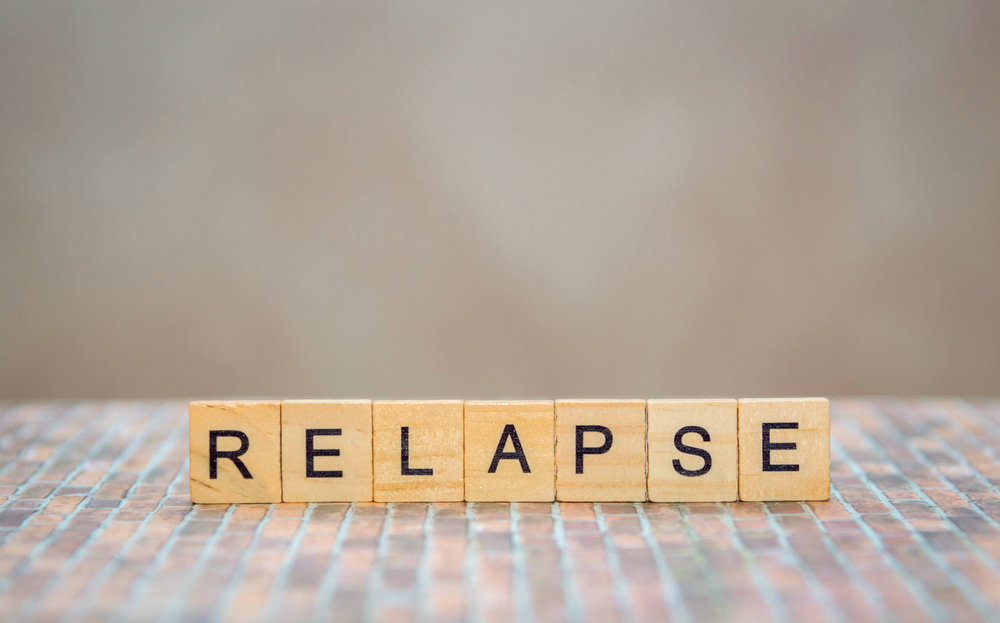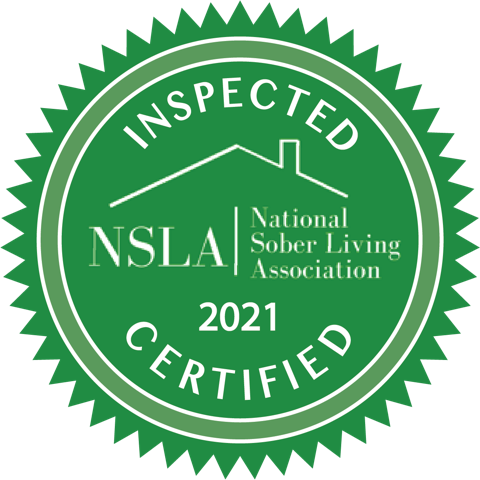Addiction is a complicated disease, and even when you think recovery is going smoothly, challenges can still emerge. According to statistics from the National Institute of Drug Abuse, up to 60% of people who struggle with substance use disorders will experience a relapse, which is a return to drinking or drug use after a period of sustained sobriety.
Understanding Addiction Relapse
Though many people think of relapse as a one-time, isolated event, it’s a gradual process that happens in three stages – emotional, mental and physical. The goal of relapse prevention is to equip you with strategies to manage all three phases.
When stress, sadness or trauma cause emotional upheaval, there are a few red flags:
- Feelings of isolation
- Ignoring the need for self-care
- Repressing your true feelings
- Lacking the enthusiasm to complete regular daily tasks
Here are some typical mental relapse triggers to watch for:
- Lying to others to hide your drug use
- Justifying your “need” to use drugs
- Romanticizing the addiction
- Ignoring all the negative consequences of drug use
- Telling yourself you will only drink or use the drug once
Some of the most obvious warning signs of relapse are physical and behavioral. Recognizing these as early as possible is essential to preventing an impending backslide into alcohol or drug use.
- Seeking addictive substances
- Contacting drug dealers
- Skipping support group meetings
- Reuniting with old drinking or drug buddies
What to Do When You’ve Had a Relapse
Part of successfully managing your illness over the long term involves maintaining a list of your triggers and how they might affect you. For example, boredom, stress, loneliness and fatigue are among the most common relapse risk factors. Others can include people, places and situations that remind you of when you were actively drinking or using.
You can manage your relapse triggers with healthy coping strategies like exercise, meditation, journaling, volunteering and learning how to take better care of yourself. Remember, it’s possible to reverse the brain changes caused by addiction with time and patience. Finding new, rewarding hobbies is one way to accomplish this goal. Asking supportive loved ones for their help is another.
Fellowship and 12-Step Coaching to Inspire Lasting Recovery
If you have recently relapsed, you’re not alone, and you have not failed. Returning to drinking or drug use is a sign that you need to rededicate yourself to your recovery, and enrolling in a new treatment program is one way to do so.
Still Waters uses 12-step immersion to facilitate motivation, encourage self-reflection and spur our clients to take responsibility for their actions. If you feel motivated to succeed but have not found what you need in traditional treatment, or have recently relapsed, we can help you heal through spiritual growth. Contact us to discover if the Still Waters community is right for you.





